A stylish left-hand bat, she featured in 77 ODIs, one Test, and one T20I for India. Her batting was nothing less than a splendid spectacle and her aggressiveness right at the top of the order gave all the bowlers a run for their money. She was the first female recipient of the BCCI player of the year award in 2007. After playing for India for six years, she continues to bat in her second innings.
We are talking about Jaya Sharma, who graced the Female Cricket feature The Pioneers. During the episode, Female Cricket’s Vishal Yadav engaged in a heartfelt tête-à-tête with the former India opening bat.
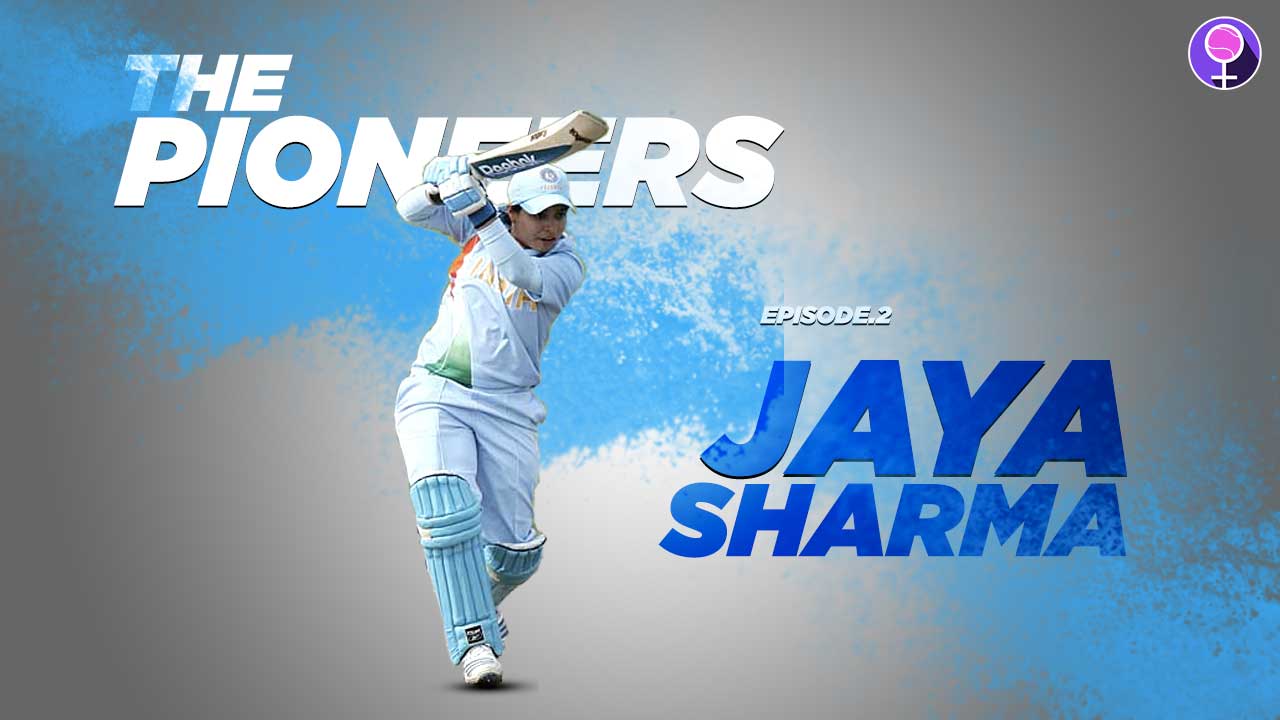
1. Tell us about your early days in cricket?
Cricket was not the first sport that I took while I was growing up. I used to be a football player and I had even got a chance to play the football federation cup when I was just 11 years old. I also played hockey for Delhi. While playing football, some of the seniors in the team told me that there is cricket for girls. That was when I came to know about cricket. Being a sports enthusiast, I decided to give a shot at cricket too. I went to a center in Delhi where the Northern Railways team used to practice. There the supervisor spotted me and soon I was picked up to play for Delhi U-16. I played my first domestic tournament under the captainship of Anjum Chopra.

2. When did you decide to play cricket professionally and bid adieu to football and hockey?
Honestly, it was a very tough decision for me to let go of football and hockey. I loved those sports. However, it so happened that when I was playing cricket in one of the domestic tournaments in which some of the big guns were participating, I won the best upcoming player award.
Kapil Dev handed over the award to me. I was very excited to receive the prize from him. When I went up to collect my award, he asked me, “How old are you?” I said, “12”. To which he asked me, “Do you know Sachin Tendulkar played for India when he was just 16?”
He added, “You should also aim for something like that.” I think those words inspired me to take up cricket seriously and play for India one day.
3. After your prolific performances in the domestic circuit, you made your India debut in 2002. Tell us about that.
In 2002, I made my India debut against England. It was an amazing feeling to wear that blue jersey. When I started playing cricket, since then, I used to visualize myself wearing that India blazer and India cap. Finally, when I actually got the opportunity to don the Indian colors, my joy knew no bounds.
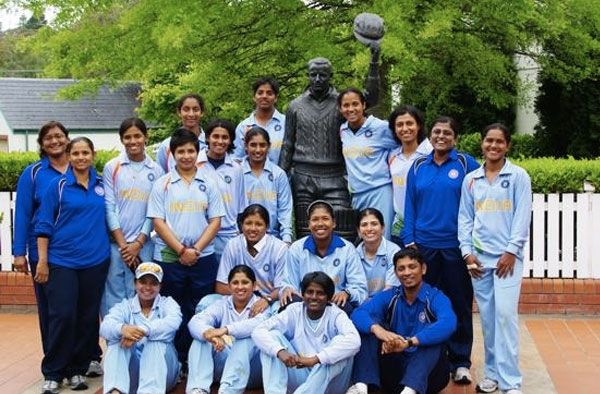
4. 2003 and 2004 were particularly good years for you. What was the driving force behind that?
We played a lot of cricket in those two years. Starting with New Zealand’s tour of India, and then the home series against West Indies, we played some really good cricket. I vividly remember an incident that took place during the home series against the defending champions New Zealand, when our skipper Mamatha Maben asked the team, “What will be the result of the five-match ODI series?” That question from the captain got everybody in the team thinking. Given the fact that we were facing the defending champions, it was important for us to put our best foot forward. To our joy, we won the series 4-1. I had a wonderful run with the bat and I bagged the player of the series award. Next up, we had West Indies coming home. Again it was a good series for me. In the 10 ODI matches that I played during the two series, I scored six half-centuries. In the hindsight, I feel it was that question posed by Maben that pushed me to go that extra mile.
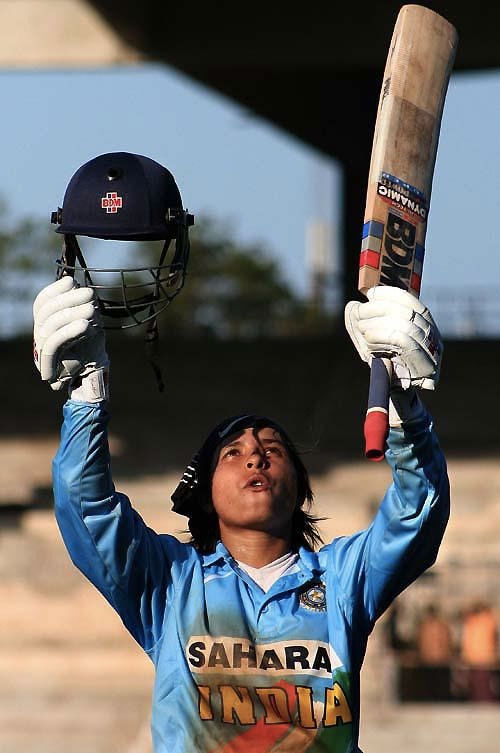
5. Moving ahead, you were a part of the team that made it to the first-ever World Cup finals in 2005. Can you tell us about your experience?
We were a bunch of 30 players that worked hard on fitness for two years going into the World Cup. We played loads of matches that helped us to gain match experience and build our confidence. When we set our foot on the South African we were determined to make this competition count. Right from the day, we started preparing for the World Cup, everybody had just one single aim; make it to the finals. We played nine league matches and in every match, we had a different match-winner. You can say it was an all-round team effort. Watching us play in such a fashion, one of the England selectors complimented us for our performance.
Apart from the players, another important person, who made that possible, was Shubhangi Kulkarni. She has done tremendous work behind the scenes. I can’t thank her enough.
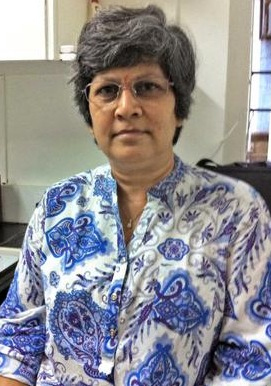
6. After the success of World Cup 2005, BCCI took over women’s cricket in 2006. What were the changes that happened?
There were a lot of changes that happened during the transition. There was an improvement in the facilities provided to the players, in terms of, better grounds for matches/practice, and then we had financial incentives coming into the picture, which made the players self-sufficient. Unfortunately, I feel the level of the game went down. I am not able to understand the reasons for this. If you look at domestic cricket, it is only the Railways that is doing good. Despite getting state of the art infrastructure, I fail to fathom why the other states are not putting up a good show.
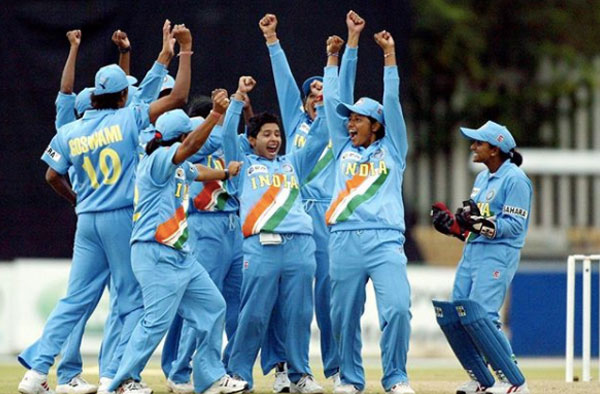
7. You played your last match for India in 2008. In your second innings, you have been busy with some interesting work centered on the development of sports players. Tell us about that.
I was supposed to play the 2009 World Cup in Australia, however, due to the shoulder injury, I was ruled out of the reckoning. The injury also forced me to hang up my boots. However, having played cricket for quite some time, I decided to give it back to the game in some way or the other. For that, I took up professional courses based on neuroscience that helped me to understand in detail the scientific factors that affect a player’s performance. Through the courses, I learned about mind-body synchronization.
I also tried to investigate the performance differences of a play playing in nets and the same player playing in a match. Considering the fact that there is pressure in the match whereas the absence of the same in nets, it can be observed that most of the players fail to perform at the highest level because of over-thinking.
It is simple. You have to just execute the skills that you have honed during the practice. Let the subconscious do the work. Moreover, it is important to understand that you can duplicate everything physically in sports but as far as the mental aspect is concerned, it cannot be replicated. If you look at the skill sets of international players, they are more or less at the same level, but what differentiates the champion from the rest is the mindset. The one who is mentally stronger will win the battle.
8. You are associated with an organization named Sculpting Mentors. Tell us more about that.
Sculpting Mentors is founded by Ms. Shalini Vij. I have been a part of the set up for over two years now. Sculpting Mentors strives to provide world-class training in every endeavor of human life through advanced scientific tools and techniques. I am a sports ambassador there. I feel that as the sports industry is booming in India it’s the right time to take an individual’s game to the next level. We as a company offer high-quality mind conditioning, using cutting edge concepts like NLP, breathwork, biofeedback, heart and brain coherence, inter-alia which are being used by elite athletes across the globe.
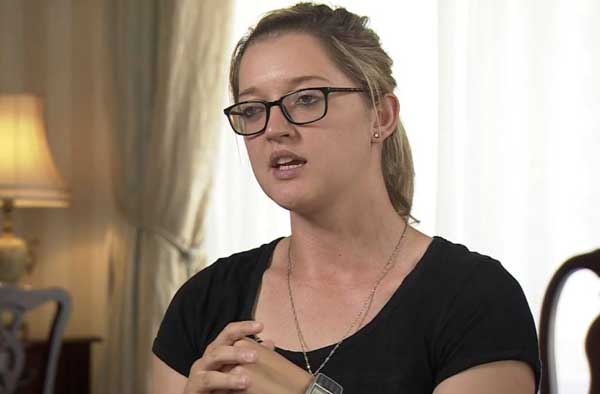
We believe in carving your mind to make you aware of your hidden talents. At a time, we deal with not more than 20 people, because we believe that every individual required dedicated attention since they are all different.
We plan for every athlete taking cognizance of his/her strengths and weaknesses. I feel happy to share that some of the players have successfully moved up to the next level.
For instance, I got a chance to work with one of the Rajasthan women cricketers. She was just 12 years old when I first spotted her. Back then she wasn’t playing for her state. I worked with her for a period of five months across two years. I worked on her skills and other aspects. She was able to make the necessary changes and was successfully able to move up the ladder. She has not only played for her state but has also featured in the U-23 Challenger Trophy. The player is Ayushi Garg.
Watch the Full Episode of The Pioneers ft. Jaya Sharma on our YouTube Channel. Click here
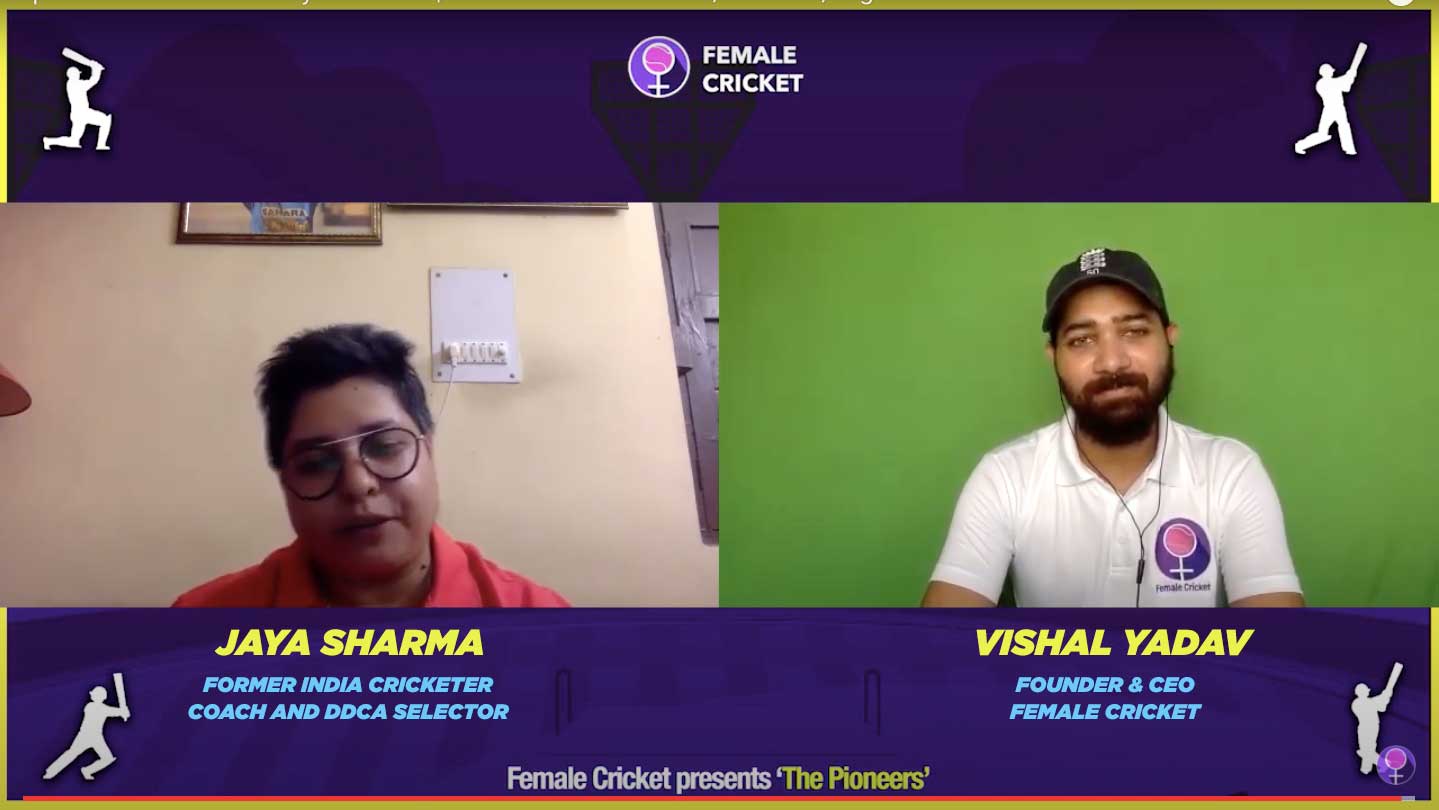

I am a former cricketer having represented Mumbai University at All India University level. I was a part of MCA probables for the U-19 and U-23 age group. I have been an avid cricket writer for the last five years. Currently I am pursuing my Ph.D from IIT Bombay.
